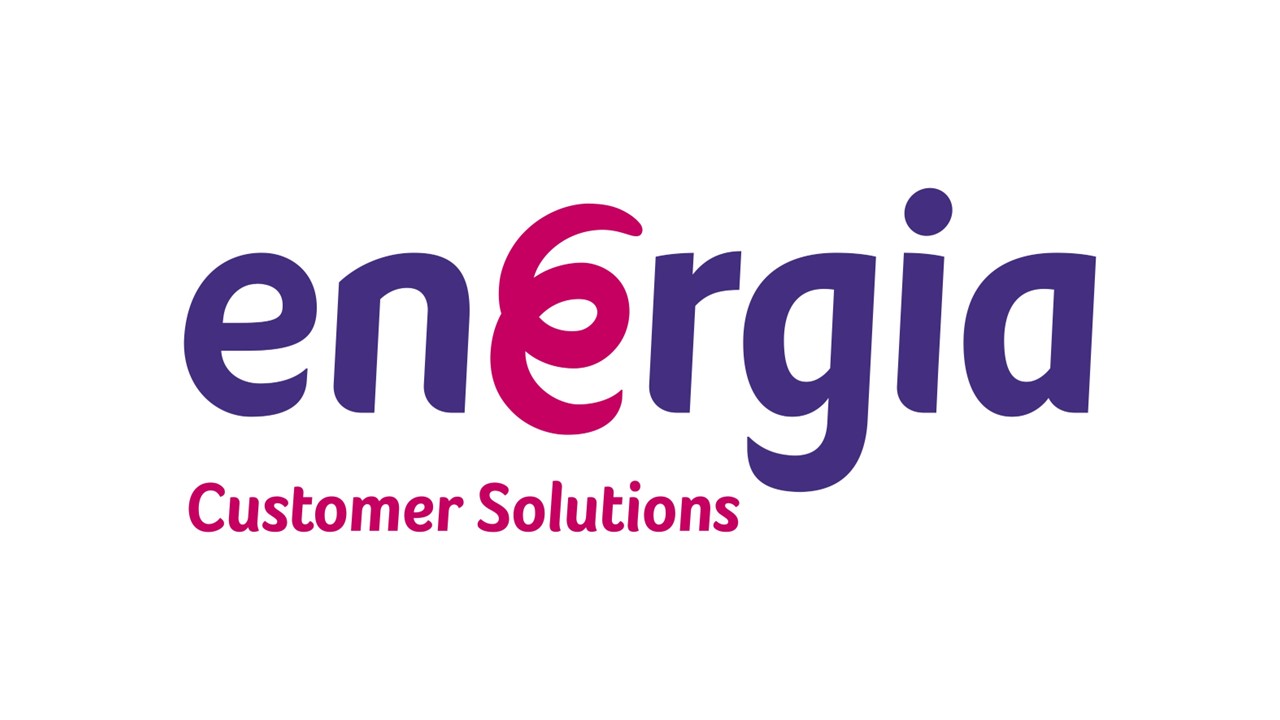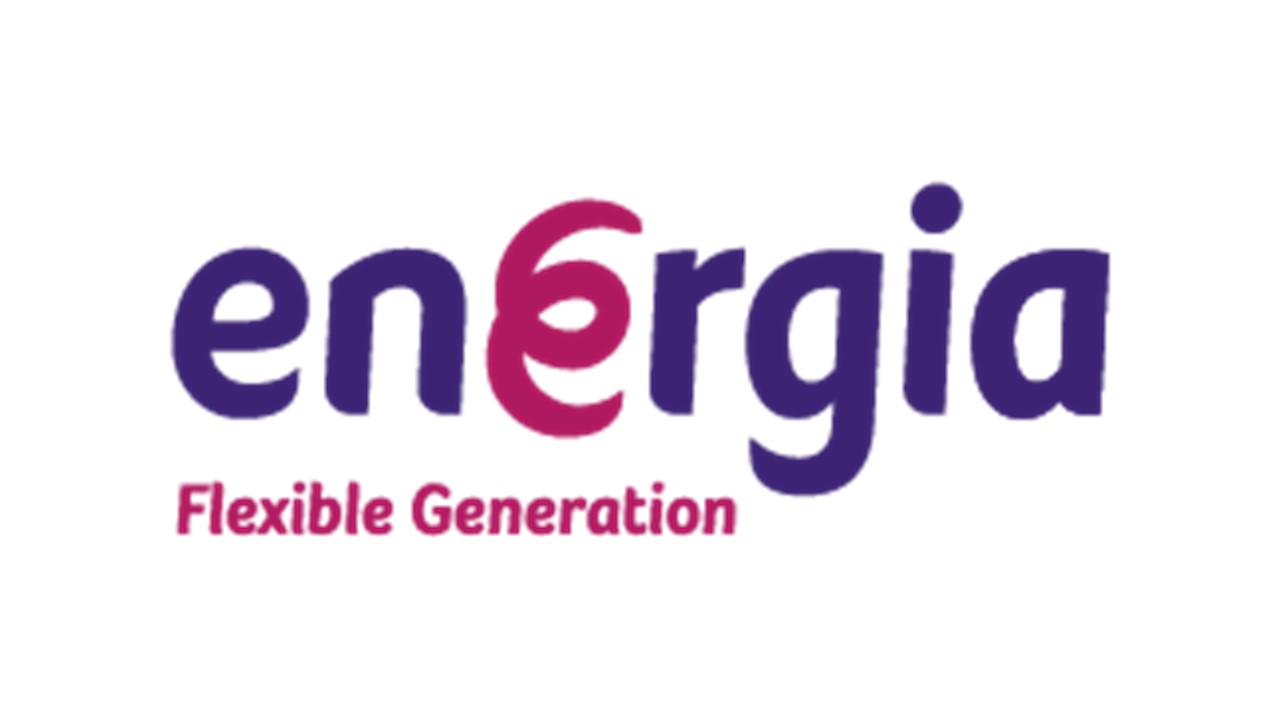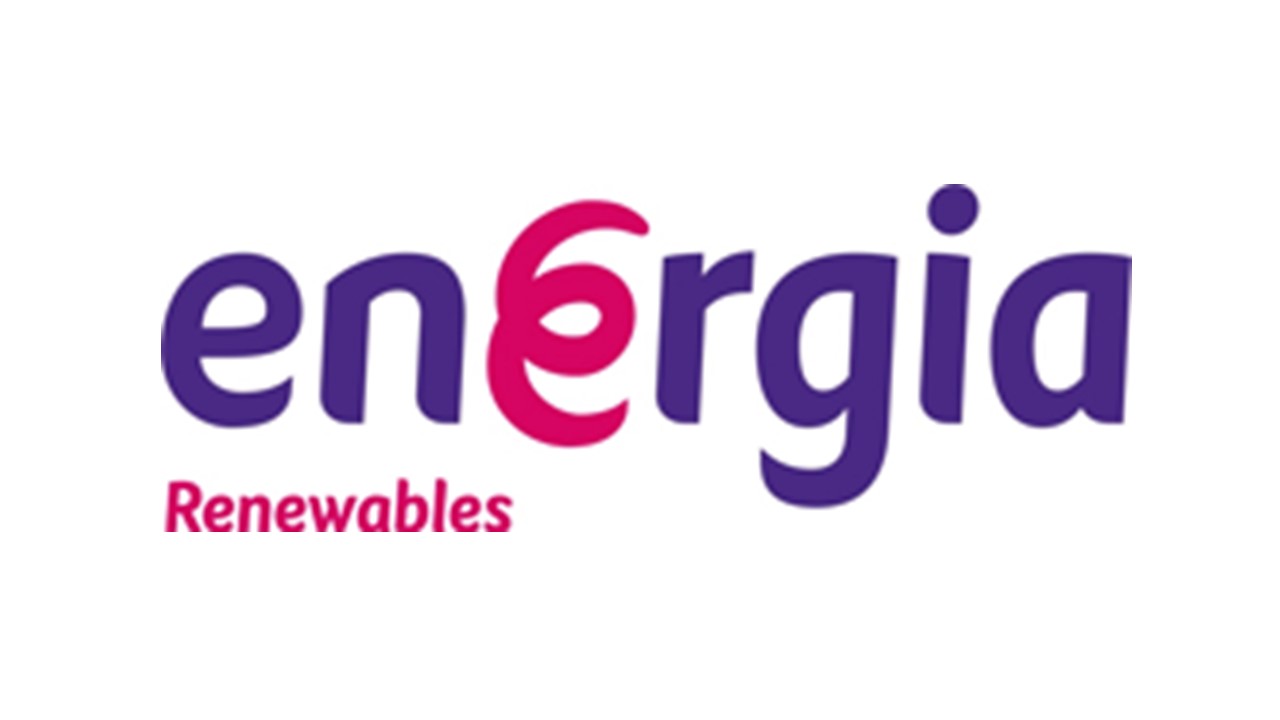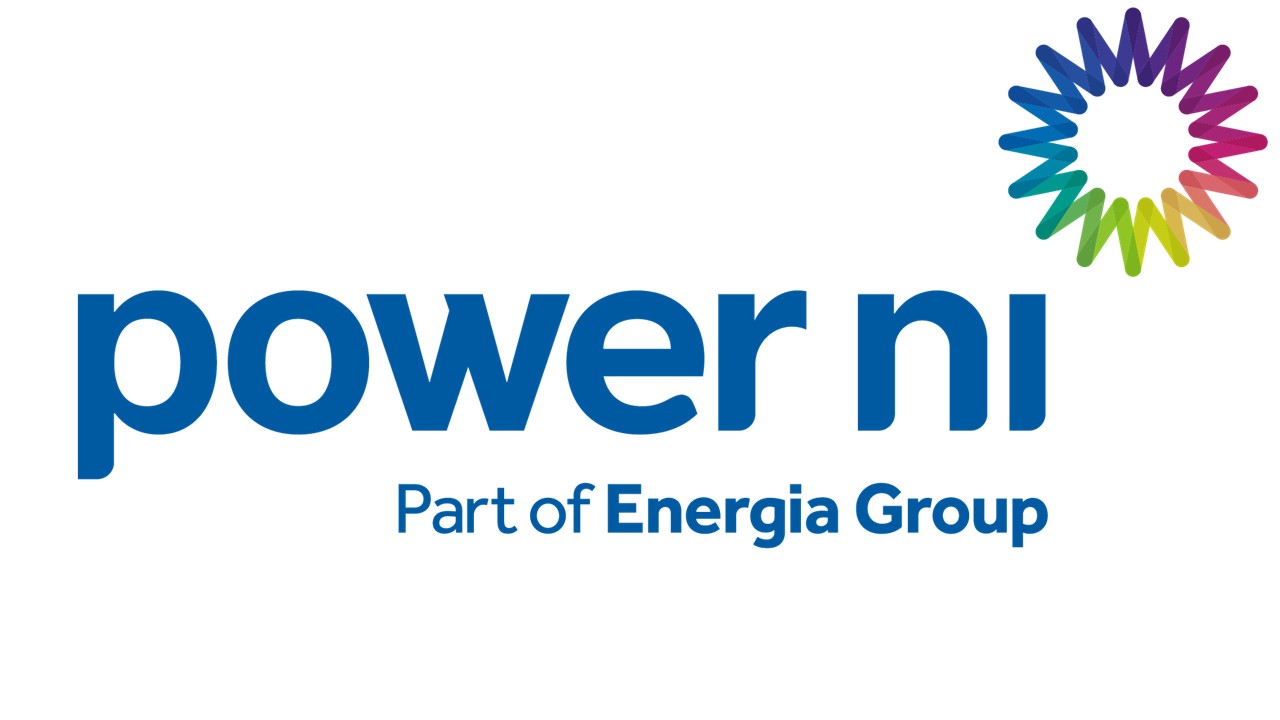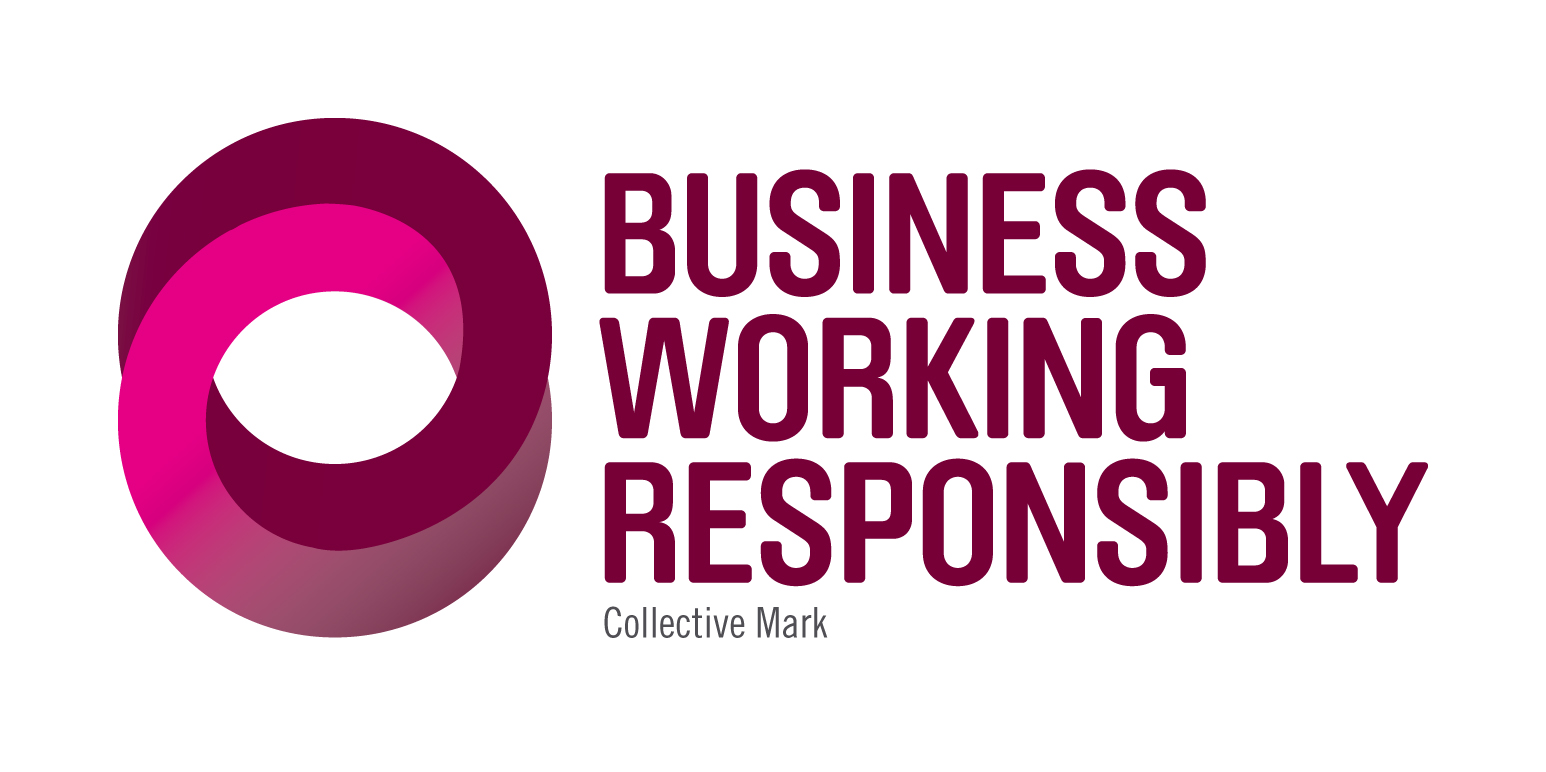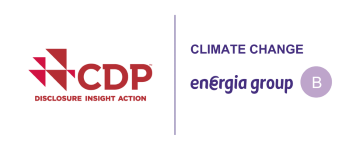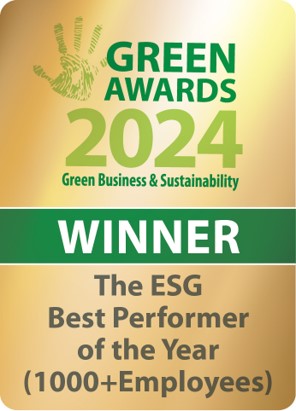‘We are an archetype of the modern European utility’
CEO Ian Thom tells The Irish Times how Energia Group is poised to invest €3bn over next half decade.
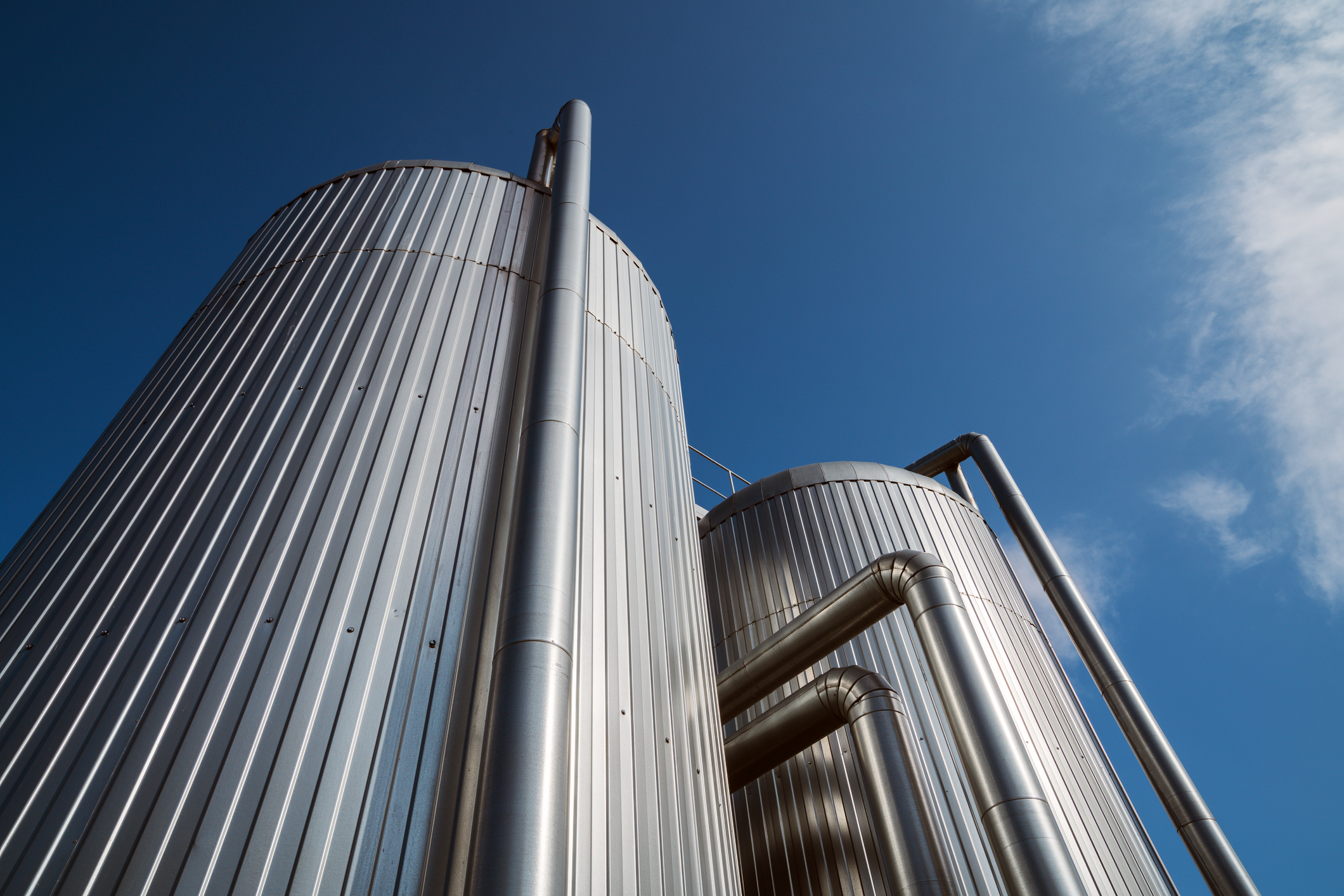
“Policy is catching up with what we have been doing as an organisation,” says Energia Group chief executive Ian Thom. He is talking about the €3 billion that the energy supplier intends spending over the next five years on a series of projects across the all-Ireland group.
While he says the plan has been in gestation for a considerable period, he points out that it chimes very much with the Government’s recently announced climate action plan.
Energia supplies electricity and natural gas to homes and businesses around Ireland, North and South. It owns Huntstown power plants in north Co Dublin as well as wind farms capable of supplying energy to about 300,000 households. This week it pledged to invest €3 billion in expanding its operations over the next five years, creating 200 jobs in the process.
“One of Energia’s more interesting plans will be producing hydrogen as a fuel for transport.”
Much of it will be on green energy, but Thom emphasises that it will embrace everything from generating electricity to customer service. “You name it – we will be doing it,” he says of what his group dubs its Positive Energy plan.
Energia has begun work on the first project, a bio-energy plant at Huntstown that will use 100,000 tonnes a year of organic waste collected from homes to generate electricity. This will cost about €50 million and produce five mega watts (MW) of power. A rough industry rule of thumb holds that 1 MW can supply about 1,000 homes.
“So relatively small in terms of megawatts but big in terms of the whole investment package because not only are you generating electricity you’re also harvesting gate fees from the waste companies who supply the waste to the facility,” Thom explains.
His company will charge waste collectors for taking the material, offering a cheaper, more useful alternative to dumping in landfills. Thom indicates that more such plants could be on the way. Energia is looking at other technologies that are newer or less familiar to people in this country, where wind is by far the most common form of renewable power. It plans to spend between €300 million and €400 million on building solar generators that will produce 200MW of electricity.
Hydrogen fuel
Thom notes that solar technology is expensive relative to other sources, but says costs are falling to the point where he expects it will be more competitive in the future. One of Energia’s more interesting plans, albeit one that its chief executive says will not be a big part of the overall investment, will be producing hydrogen as a fuel for transport. This will involve charging water (which is hydrogen and oxygen combined) with electricity to separate the gas.
Burning hydrogen produces lots of power, making it ideal for heavy vehicles, while it emits water – as burning the gas combines it with oxygen once again – so it is greener than other gases.
While he plays down its part in Energia’s plans, Thom notes that hydrogen is recognised as potentially the transport fuel of the future.
Producing it will provide his group with one way of using electricity produced by wind and solar plants at times when demand is not high.
That is a key issue for renewable generators – the wind doesn’t necessarily blow nor the sun shine at times when electricity is needed – so any system that uses this technology needs some way of either using the energy when it is produced or storing it for when it will be needed. Another, more obvious solution, is batteries that store the electricity.
Energia intends joining a growing list of companies that will install this technology at various sites around the country. “We have a number of projects at different stages of development,” Thom confirms. “We have one which is consented at Huntstown, we have one in the North, which is in the process of being consented and then we have two other projects, one in Donegal and one in Co Monaghan. And those are the main ones at the moment.”
Wind will account for the biggest chunk of the investment. Energia buys 1,281MW of electricity from this source from other generators and has its own onshore plants capable of producing 300MW. It intends doubling its own capability over the next five years, which Thom agrees could cost €600 million. “That is going to be a significant investment as well,” he says, adding that the company is well down the road to identifying the sites it needs for this.
The group is also looking at offshore wind, specifically in the Irish Sea, where local and multinational players are now poised to begin building after years of delays. “We’re looking at a number of sites for offshore. I think most of it is going to be off the east coast which is the favoured area for all of the facilities. In due course I think there’s going to be offshore in the west as well but I think that requires technological solutions which are not yet mainstream, but will become mainstream over time.”
Renewable sources
One of the things driving this is Minister for Communications, Climate Action and Environment Richard Bruton’s pledge that the Republic will meet 70 per cent of all its electricity needs from renewable sources by 2030. The Government’s part in this will be to offer new price supports to green energy suppliers. The old renewable energy feed-in tariff scheme – Refit in official jargon – is not available for any project begun after 2017, so a replacement is needed.
Refit has drawn fire for being expensive. Renewable plants built before 2017 still benefit from it. It guarantees a price to suppliers that customers fund through public service charge on their electricity bills.
The new scheme will be an auction, favouring the more efficient and thus, theoretically at least, cheaper generators, implying that homes and businesses will pay less to support future investment. EU officials are running the rule over the Republic’s proposed scheme to ensure it complies with state aid regulations. The Government expects Brussels’ approval later this year.
“I think investors are much more willing to charge less for the investment if they have a degree of certainty.”
“The new scheme will be an important aspect in kickstarting the drive to getting towards 70 per cent renewable by 2030,” Thom says. “It will only be part of the answer, there may be other supports that are given. I think increasingly renewables will become competitive in their own right and will be less needing of supports, but I think it’s very important from the point of view of society’s drive to get to renewables that for as long as they are necessary, those supports are there.”
He believes that the new scheme will come at the lowest possible cost to consumers. Energia supported the Irish Wind Energy Association’s lobbying for the “right level of support” to allow the industry continue to develop renewable energy.
Nevertheless, price will be important, €3 billion over five years is a big bet. Thom argues that Ireland needs this type of investment to ensure it plays its part in combating climate change, but he agrees that Energia’s owner, US-based investor I Squared Capital, which focuses on infrastructure, expects reasonable returns. So do the pension and sovereign wealth funds that back the company.
“Our shareholders are incredibly supportive. They have supported the development of renewables right across the globe, north America, Spain, Ireland and India. They are very, very focused on sustainable investment. They will be expecting reasonable returns depending on the investment and the risk profile of it and so on.” He points out that projects benefiting from mechanisms such as price supports cost less to fund because they are less risky, but in turn they generate lower returns.
Price support
Thom agrees that any new price support scheme will influence investment decision but argues that this has its own benefits as it helps to guarantee returns, thus lowering the risk and the cost of the capital needed to fund projects. “Ultimately any specific decision to invest will be based on an investment case at the time, and that will take into account a number of factors, one of which will be the likely returns and the risk attached to a particular investment,” he explains.
“So the extent to which one can rely upon consistent and sustainable returns will be an important aspect of that consideration. But I think the other important part of that will be the cost of the investment. So I think investors are much more willing to charge less for the investment if they have a degree of certainty in terms of what the returns will be like, so society ends up probably paying less for the investment than might otherwise be the case.”
Energia will fund the investment with a mix of its own cash and debt. The risk involved in each individual project will determine the actual mix, which could vary between 50/50 and 70/30. Thom indicates that of the overall €3 billion, the company could put up slightly more than €1 billion itself and borrow the rest.
Thom came to his job via a slightly roundabout route. A Cambridge graduate, he originally qualified as a barrister. After practising for a few years, he joined Moy Park, the Craigavon-based home of Irish chicken, as in-house counsel.
That role became head of European legal for US group OSI International when it took over Moy Park. Nineteen years ago he joined Viridian – renamed Energia last month – as company secretary and general counsel, but with a strong commercial brief.
He then took on responsibility for some of its regulated businesses before taking over as chief executive following the sale of its Northern Irelandelectricity network to ESB in 2011.
Energia has 750,000 customers across Ireland, both businesses and homes. It recently reorganised itself into three divisions – customer solutions, which deals with the people buying its electricity and gas; renewable, which is its own wind farms and the energy it buys from others; and flexible generation, comprising Huntstown, which produces 747MW of power, and its deal to buy electricity from Ballylumford, the power station at Islandmagee in Co Antrimowned by the multinational AES Corporation.
Domestic clients
Six years ago, almost to the day, Energia began selling energy to homes in the Republic. Up to then it had only supplied businesses. The move pitted it against the ESB, Bord Gáis Energy and Airtricity. Thom recalls being asked at the time if there was a place for the group in the market. “I think my response was something like ‘there will always be a place for Energia’ and I think we’ve proven that.”
He says the company has consistently held its position as the cheapest dual fuel supplier – that is gas and electricity combined – in the market and now has 220,000 domestic customers in the Republic alone. Thom argues that Energia has been a “major driver” of competitiveness in the retail market across the island.
Around the same time that Energia began selling electricity and gas to families in the Republic, its then owner, Bahrain-based investment fund Arcapita, was emerging from a stormy period that began with the global financial collapse in 2008. Part of the organisation had to seek court protection from creditors in the US – a process known as Chapter 11 – which ended shortly before Thom made his bold statement about his company’s place in the Irish market.
He also indicated then that, once the time was right, Arcapita would sell the Irish energy player. It ultimately sold Energia to I Squared in early 2016 for a reported €1 billion. The group’s current owner manages assets worth $13 billion and invests for the long term.
Thom says the change in ownership has been “extremely positive”. He stresses that his company has the warmest regards for Arcapita, but, while that organisation’s problems had no impact on Energia’s operations, being part of the group would have added to the Irish company’s borrowing costs.
“So under their ownership we had relatively little room for investment in growth and that’s entirely different under I Squared’s ownership. They have helped us de-risk the business, to get access to much cheaper debt and they have supported us by allowing us to retain operating cash flows to invest in growth. So that’s a very, very positive background for the organisation.
“We feel as if we are a business whose time has come, we are an archetype of the modern European utility,” he says. “Where utilities are worrying themselves about what their business model is for the future, we know what our business model is, we are convinced of it and we have been building our competence to deliver on this scale of investment over a number of years.”
CV
Name: Ian Thom
Age: 56.
Position: Chief executive, Energia Group
Why is he in the news? The electricity and natural gas supplier this week announced plans to invest €3 billion over the next five years.
Family: Married with two children.
Something you might expect: He dedicates a lot of time to the organisation.
Something that might surprise: One of his big passions is architecture.

